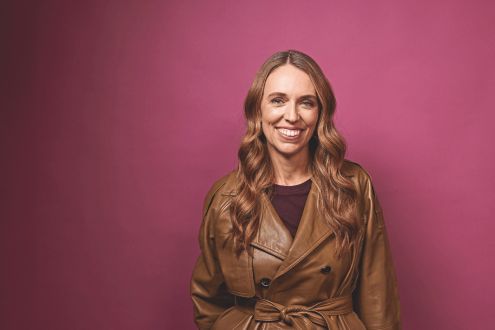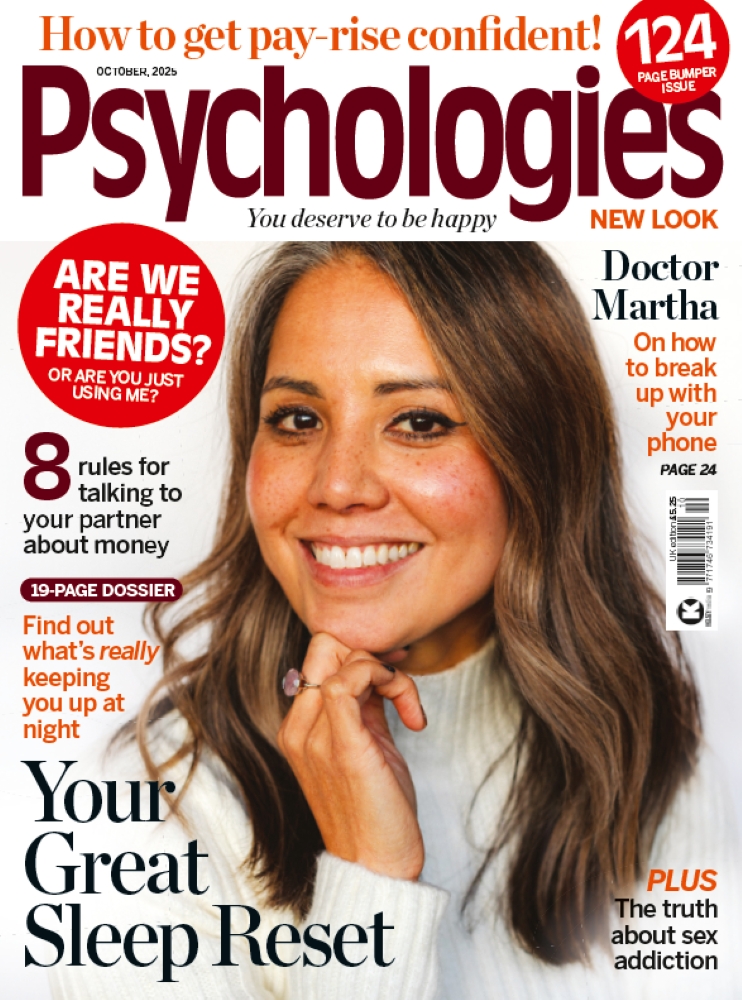How can I become more resilient?
Our agony aunt Mary Fenwick offers a new perspective on whatever is troubling you

My boyfriend broke up with me two years ago and I've struggled to get on with my own life and focus on myself since. I had a deep sense of abandonment, especially when I found out three weeks later he was with someone else. I couldn’t understand how he could love me, then break up and move on so quickly. After the break-up, I did things that I would not previously have done, like going abroad to teach, and I left a job I stopped enjoying. But I feel like my ex has left me behind. He is enjoying his life and has moved on with someone else, yet I’m struggling to move on. My cousin recently bullied me and I’ve just let myself get affected by it, whereas she is getting on with her life. You probably won’t be surprised when I tell you my childhood was difficult – my siblings and I brought ourselves up when my parents got sick. Life’s been so hard, unstable and scary since. It’s just surviving. How can I move forwards with my life? How do I become more resilient when people hurt me? How do I deal with the feelings of abandonment?’ Name supplied
I am sorry that you have had this painful experience, but impressed by the fact that you are brave enough to ask questions, not just bounce into a series of other relationships.
I will be upfront about where my advice is heading. Often I put a lot of effort into finding resources which are free or low-cost, but I am going to recommend that you spend money and time on finding a good therapist. Consider it as an offset against the cost of a future wedding.
The way you feel is probably best explained by attachment theory, which looks at relationships in the first five years of life. Ideally, your mother or father provides a secure emotional base to explore the wider world afterwards.
Disruption in those critical early years can have long-lasting effects. One controversial experiment provided baby rhesus monkeys with a fake mother made of wire, so they had food, but no comfort. As adults, the deprived monkeys were easily bullied and wouldn’t stand up for themselves; they also had trouble mating.
At times this research has been unpopular, because it can seem quite determinist – if those early years go wrong, through no fault of your own, what are you supposed to do?
The good news is that we have many more choices than an unfortunate monkey in a lab. One key resource is the incredible power of human relationships. The right relationship is a place where we feel safe to grow and change.
My concern is that on a certain level, you might be looking for therapeutic healing from a romantic partner. I hope that does not sound too harsh, because actually it’s a process that works unconsciously, and often well. We all have friends who have become ‘different people’ when they find a decent partner.
I recommend that you separate out the roles of therapist and romantic partner. Be fussy and meet at least three (most will offer a half hour free to check whether you both want to work together). Bear in mind that the charity Relate is an option even if you are not currently in a relationship – use the ‘talk to someone’ link on their website.
Please talk to a professional, and keep talking. You are worth it, and one day you will know that in your bones as well.
Mary Fenwick is a business coach, journalist, fundraiser, mother, divorcée and widow. Follow Mary on Twitter @MJFenwick. Got a question for Mary? Email mary@psychologies.co.uk, with ‘MARY’ in the subject line
Photograph: Corbis









